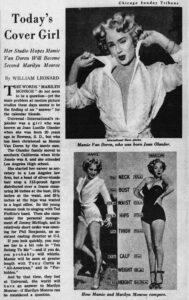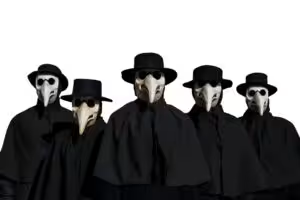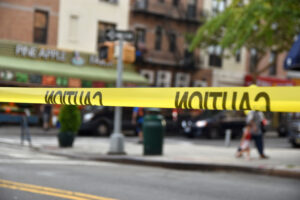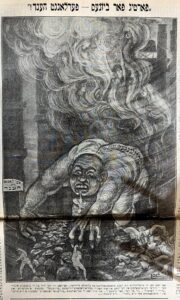The timing of the bombs was critical The Ulster Workers’ Council (UWC) had paralyzed Northern Ireland by striking in an attempt to derail the Sunningdale Agreement, which was a last-ditch effort to reconcile Ulster’s warring factions. The bombings resulted in a cynical insurance that nobody could trust anyone else.
In Dublin, three car bombs exploded almost simultaneously across the city in the early evening rush hour of May 17 1974, killing 26 people. Ninety minutes later, seven died in another blast in Monaghan. Hundreds were maimed. Sammy Smyth, press officer to both the loyalist Ulster Defense Association (UDA) and the UWC declared ‘I am very happy about the bombings in Dublin. There is a war with the Free State and now we are laughing at them’.
Nobody doubted loyalist involvement in the outrage, but nobody claimed responsibility either. Instead, official enquiries in the Republic were concluded with inexplicable speed and with no results, let alone arrests or charges. It was quiet – too quiet. The depth and efficiency of official silence bred a growing certainty among republicans that the loyalist bombers had had seriously powerful help on their mission.
It took 20 years for hard evidence to start to emerge, and a further 15 for probability to become fact. In 1993, a Yorkshire Television documentary included former British Army officers who confirmed specific links between an Armagh loyalist group and a British Intelligence undercover team. Over several years, evidence mushroomed to show that the team had supplied weapons, ammunition and expertise for a number of loyalist atrocities, of which the Dublin and Monaghan bombings were the worst. Trials, appeals, retrials and acquittals have come and gone leaving the victims unavenged. Despite the evidence, the proof remains locked up for fear of rocking Northern Ireland’s precarious political boat.
When: May 17 1974
Where: Dublin and Monaghan town, Republic of Ireland
Death toll: 33 dead and 258 injured, the majority of whom were young women.
You should know: The full truth is unlikely ever to emerge about the bombings. It doesn’t help that the covert intelligence unit directly concerned with the actual Dublin and Monaghan bombers included a bona fide British Army hero – Captain Robert Nairac. Nairac’s determinedly courageous undercover activities led to his torture and execution by the Provisional IRA, for which he was awarded a posthumous George Cross.






















